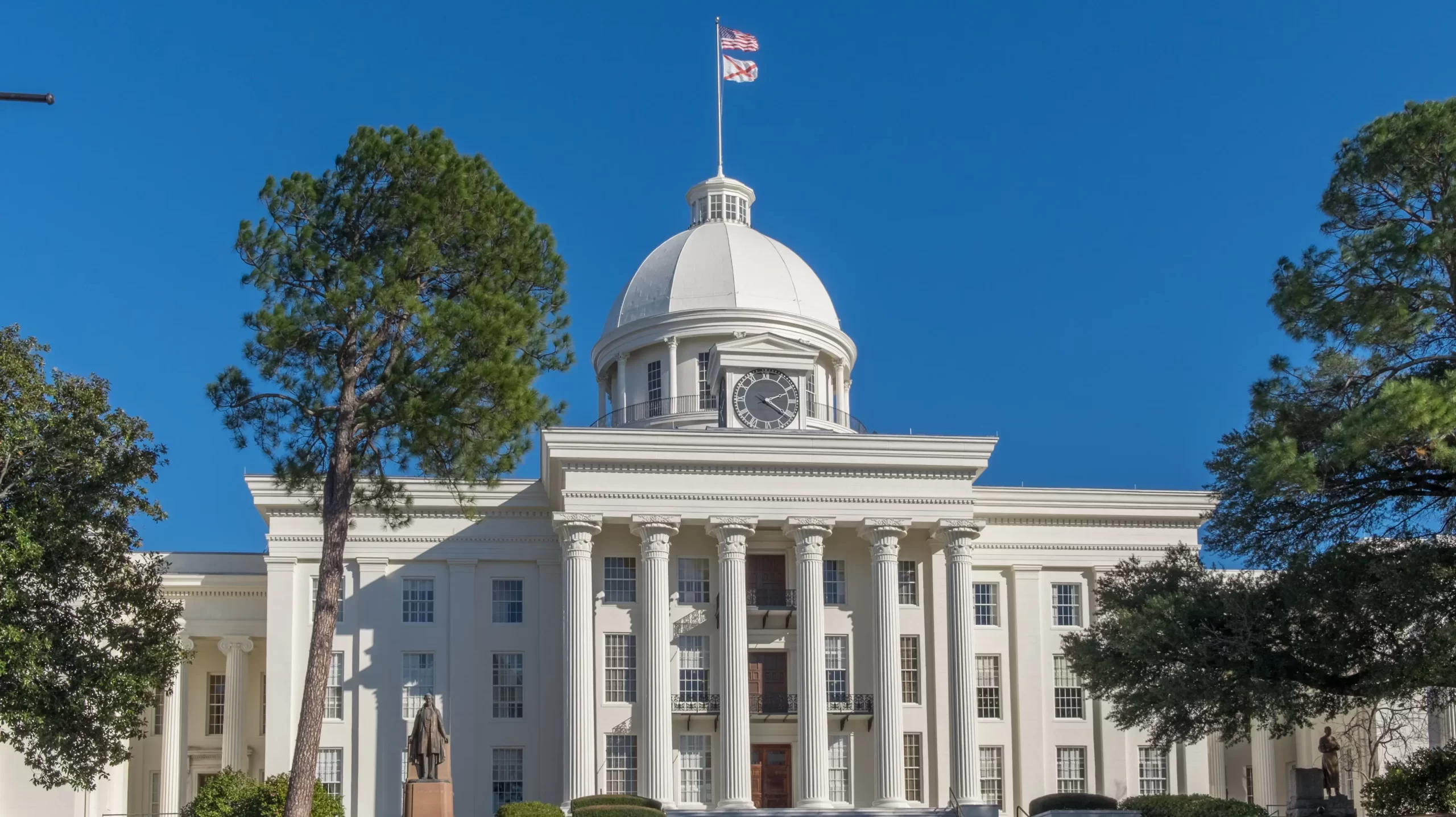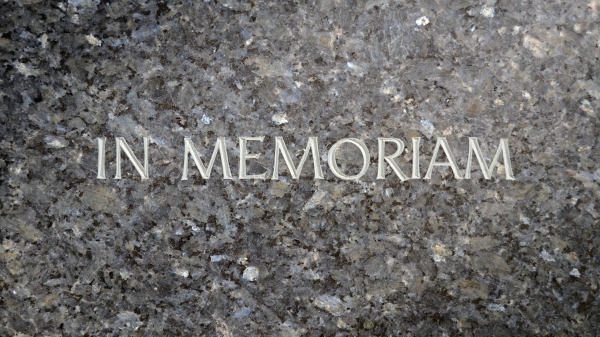|
Getting your Trinity Audio player ready...
|
Our Alabama Constitution is very antiquated. One of the flaws inherent in the document is that it does not allow local county governments much authority or power.
Therefore, the county governments must channel most changes or actions into local acts, which must be advertised in their local paper for four weeks and then taken to the State Legislature to be enacted. Thus, the entire state legislature has to act on a local bill for Fayette County that might involve something as mundane as to whether to pave a road or buy a tractor.
As a legislator I dreaded this procedure because it took most of every legislative day. We would sit for hours every morning and vote on these local bills from all over the state, which had nothing to do with state government.
Furthermore, these local acts were not noncontroversial, either for those of us from rural counties or from urban areas of Jefferson, Mobile or Madison. In fact, the Jefferson County delegation could be embroiled for hours if not days on local issues that should have been determined back home in the Birmingham City Hall or among Jefferson County commissioners.
Those of us from rural counties were often the only resident legislators from our county. In essence, if you wanted the power, you could become the czar of your local county government. If you did not want some act to pass, all you had to do was not sign it out of committee, because you were the committee.
Legislators, out of what is known as local courtesy, would not vote on another county’s local legislation. So, in essence a legislator from a rural county could often thwart road paving or whatever local matter they objected to. Invariably, a disgruntled county commissioner, who was not getting his way, would come to me to kill his rival county commissioner’s bill to get a new road. However, early in my legislative career I made an ironclad policy that I would not be involved in local county business. I insisted that all local bills be voted on in public by all county commissioners in their open meetings before being presented for passage. The recorded vote would have to be attached to the bill before I got it. Therefore, my only participation would be as a perfunctory messenger or a conduit for the local issue.
A legendary dirty trick played on a legislator by a fellow legislator still reverberates over 60 years later. It occurred during the second Folsom administration in the late fifties. Legislators Emmett Oden of Franklin County and Jack Huddleston of Colbert County despised each other. These two counties adjoin each other in northwest Alabama. These two men were constantly at odds.
Oden introduced a local bill for Franklin County that repealed another local bill passed in December of 1869. His brief explanation to the House of Representatives when the measure came up for a vote was that it was simply a “housekeeping bill…It corrects an error made when the original bill was passed.” Through the custom of local courtesy, the local bill passed unanimously. Even Representative Jack Huddleston voted for the bill.
After the passage of the measure, Representative Oden told the Press what the bill actually did. The 1869 law, which he was repealing, was the law that had created Colbert County out of part of Franklin County. Representative Huddleston had just voted to abolish his own county. That one vote ended Huddleston’s career. His constituents in Colbert County could not forgive that he had voted to abolish his own county.
There have been some legislative changes and additions within the past year. When Senator Clay Scofield left to go with the Business Council of Alabama, there was an open Senate seat in the Sand Mountain/Marshall County area. Wes Kitchens won this Senate seat in a contested primary special election and moved from the House to the Senate. Jeanna Ross won Kitchens’ House seat in a special election.
Tuscaloosa attorney Bryan Brinyark won an open seat in the House when popular representative Kyle South took a job in economic development. Brinyark is poised to have a lengthy tenure. He is very well thought of in his area.
Marilyn Lands, a Huntsville Democrat, won one of the few swing seats in the legislature. She flipped the seat from Republican to Democratic.
Travis Hendrix was elected to House District 55 in Jefferson County.
Kelvin Datcher was elected to take the Jefferson County seat of veteran John Rogers, who served over 40 years in the House.
State Representative Matt Woods of Jasper is expected to ascend to the State Senate in March. Woods is running unopposed for this Republican seat being vacated by Senator Greg Reed, who is joining Governor Ivey’s cabinet.
See you next week.





















































